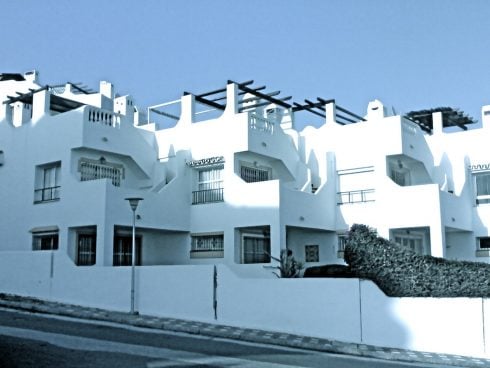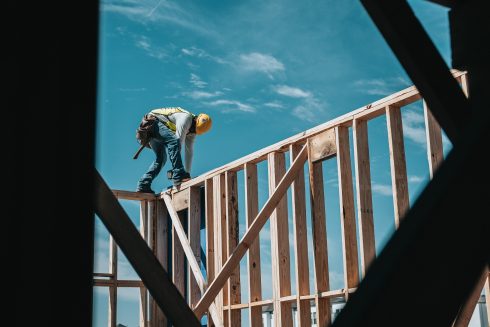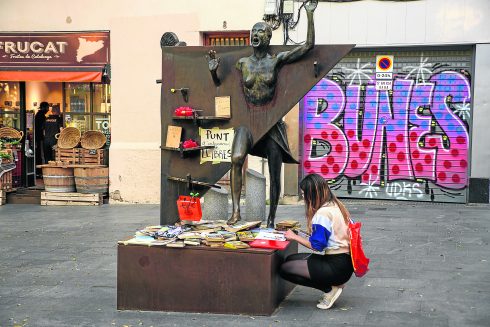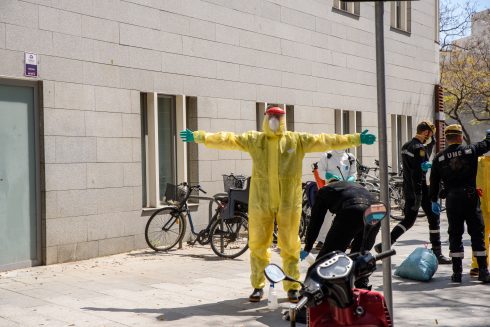OVER 3,000 kilometres separate the ‘tranquillity’ of Spain’s costas from the horrors of Ukraine. However, the effects of the war have become the ‘trigger’ for a sharp rise in inflation and shortages that have been building up since the financial crisis in 2007/8.
This has been building with 14 years of quantitative easing, which basically means the ‘watering down’ of currencies.
Add in a sudden shortage of fuel, wheat and other commodities, alongside disruptions of trade caused by Covid, and consumers are suddenly finding they’re not getting so much for their Euros, Pounds or Kroner, and definitely not their Roubles.
Inflation is traditionally slowed by wage and price controls, with the latter now being implemented in Spain for fuel, as well as restrictions on rent increases.
It is also controlled by reducing the amount of money available, by increasing interest rates. This leads to cash and savings having less value, meaning people start using it to buy things that will hold their value, such as property.
While rising interest rates make mortgages more expensive, at a time when consumers are spending more of their income on general living costs, there are some positives.
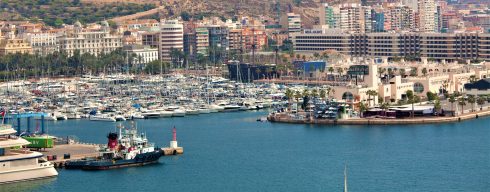
In particular, property is seen as a safe haven in times of inflation… and Spain has a nice range of it as far away as one can get from the troubles in northern Europe, including the Ukraine war.
Then there are the obvious factors like the weather and cost of living, but also things like the ‘free’ energy from the sun being readily available here.
Over the last week, I’ve asked many professionals if they are finding any evidence of changes in the local market.
Overall, the answer has been, ‘not yet’. But there’s greater uncertainty about the future, particularly from their clients.
With some, there is an urgency to buy just to get the security of a ‘fixed’ asset before anything major happens.
With others, there is greater caution and a wish to hold onto what they’ve got. One lawyer even said that two clients had pulled out of deals within the last few days, losing their 10% deposits.
Either way, agents have rarely been so busy with deals being concluded and the difficulty of finding properties for their clients to buy.
The logic is that demand should go down for those just looking for a holiday home, as there will be less money around.
British buyers are likely to be some of the worst affected as they are already suffering from the impact of Brexit. Russians, too, will be absent.
However, the reduction in these sectors are being made up for by buyers anxious to place their funds in solid assets, far away from the current conflict.
And the costas have already been seeing a significant increase in buyers from Germany, and interestingly Romania, over recent months.
Golden visas
Something else worth considering is the EU’s planned changes on the granting of investment-backed visa’s.
This is likely to cause a rush of applications with ‘golden Visas’, as they are called, getting granted to families investing more that €500,000 in property here.

They can also be acquired by investing the same amount in Spanish companies or even Spanish Government Bonds.
Overall, expensive property should not see any significant changes, with an increase of interest rates.
However, lower value property purchases are more often linked to mortgages, and that market may stutter as buyers find it harder to find a mortgage or shy away from them in case interest rates rise substantially.
Fixed rate mortgages are becoming hard to find understandably.
We tend to forget that higher interest rates were once common around Europe, with them being as high as 17% in the UK in 1979, when inflation averaged 13%.
Fortunately, and hopefully, we are a long way away from those levels.
To conclude, I believe the demand for property from those with money will continue, therefore encouraging the upper price sector of the market in Spain.
However, buyers, agents and other professionals will be ‘looking over their shoulders’ with unease, not quite sure what lies ahead.
Campbell D Ferguson, FRICS.
Chartered Surveyor in Spain. RICS Registered Valuer.
Director – Survey Spain SL. Regulated by RICS.
Tel: 00 34 952 923 520. Mob: 00 34 650 599 701.
More information: Survey Spain
READ MORE:
- COVID-19 and the actions to slow its spread have changed Spain and the world, writes surveyor Campbell Ferguson in…
- ANALYSIS: Why 2022 should be a good year for Spain’s property market




